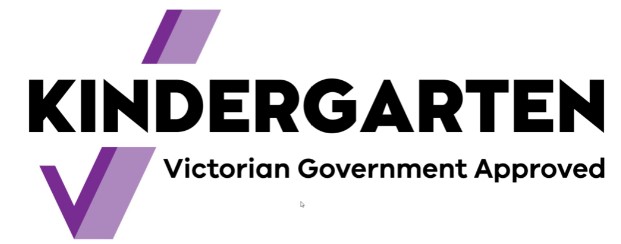Important Steps to Take to Prepare Your Child for Kindergarten
06 March 2020Figuring out the things necessary in preparing your child for kindergarten can be a struggle. Not only will you constantly worry about the worst case scenarios, but you will also deal with the fact that your child is embarking on a new journey towards self-development. Luckily, below are important steps to take to prepare your child for kindergarten.
Easy Routine Transition
In the weeks before the start of school, you can begin to change routines like bedtime and breakfast. Predictable routines are important in early childhood and changes in routines have been linked to difficulties adjusting to kindergarten. It is wise to begin early and make changes gradually. Ask your child what they’re looking forward to at school and about any concerns they may have. Have them draw and talk about both positive and anxiety-provoking activities. Then ease their worries by acknowledging feelings and coming up with solutions.
Revisit these things frequently: “When you start school, you are going to make some great new friends!” or “Are you still worried about the washrooms at school?” Introduce your child to any new school clothes, their schoolbag and school supplies, and talk with them to decide what their snacks and lunch will consist of. The night before the big day, work with them to get everything ready for the next morning.
Inform the Teacher about Child’s Needs
Prepare a one-page note with key information about your child. It should include your child’s picture, name and nickname, date of birth, medical conditions, allergies, family members, pets, interests, food likes and dislikes, favourite games and play activities, talents and interests. It might also include any worries they have about starting school.
Familiarise Yourself with Kindergarten Facilities
Go to the school the week before the start of classes so your child can meet the secretary and classroom teacher, tour their classroom, and locate the washroom. If possible, give them a chance to flush the toilet as some loud flushes can be frightening. Do not forget to tour the playground!
Some schools offer an orientation, but most children will need to visit closer to the first day. Although some schools ban parents and children prior to the start of school, I always encourage parents to connect with their parent-school association and request this vital access. Research shows that active parental involvement in a child’s education offers many benefits.
Provide Transitional Objects
Finally, you can provide your child with a “transitional object”. We are all familiar with the proverbial security blanket that some young children latch onto. It is an inborn mechanism wired into young children that allows them to attach to others and attach to soothing objects when significant adults are not available. It might be a stuffed animal, a favourite shirt or even a photograph. It could also be a small card with your photo and phone number stuck inside the outside pocket of their backpack. In the event that they need to call you for a check-in, you can be assured that your child has your contact information right at hand. Sometimes just looking at the picture will be enough.
Remember School Protocols
Before school starts, make sure to find out about things like bell times, drop-off and parking procedures and unique code words if your child is being picked up by someone else. That information will make it less stressful for you as a parent. When you do drop off your child, be sure to tell them that you’ll be there to pick them up as soon as school is finished, and remind them to have a great day.
Enrol your child at Gower Street Kindergarten. We deliver a culturally enriched sessional kindergarten program that supports children of all abilities, aged between 3-5 years of age.

